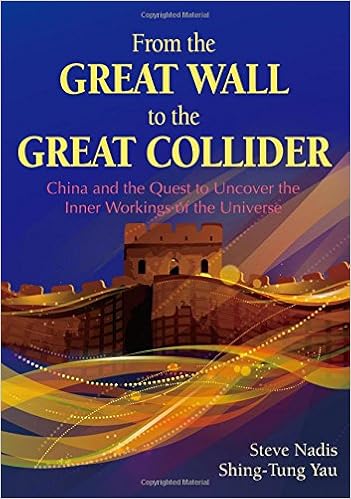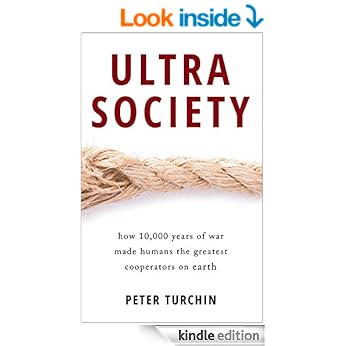 |
| Who cares what a non-sentient iceberg thinks? |
Matt Ridley has an opinion piece in The Times today:
"Let’s go back a little further, to the Middle Ages. It used to be argued by some that the “medieval warm period” of about a thousand years ago, when mountain glaciers retreated, vines grew further north and Iceland was widely cultivated, was confined to Europe. We now know from multiple sources of evidence that it was global. Tree lines were higher than today in many mountain ranges, for example. Both North Pacific and Antarctic Ocean water temperatures were 0.65C warmer than today.As far as I can make out, global warming works to some countries' advantages and not to others. Zones susceptible to weather-related economic activity (agriculture, tourism) move around as do many areas where people today have ended up living. The losers make more noise than the winners. North-West Europe (cold, damp) seems a likely winner. Shame our liberal hand-wringing prevents us from enjoying it.
"Go back yet further, still within the current interglacial period, to the so-called Holocene Optimum of 6,000-9,000 years ago. Ocean temperatures were up to two degrees warmer than today, the Arctic Ocean was nearly or completely ice-free at the end of summer in many years, and the boreal forest in Siberia extended 150 miles further north than today. July temperatures were up to six degrees warmer than today in the Siberian Arctic.
"Was this Holocene Optimum a horrible time of droughts, storms, disease and famine? Not especially. It was the period in which agriculture spread rapidly across the globe from five or seven centres of invention. Abundant rainfall in Africa led to lakes in the Sahara with crocodiles and hippos in them, surrounded by green vegetation in the monsoon season."
Still, something must be done. I'm in the realpolitik camp: developing countries will carry on burning fossil fuels; greenhouse gas ratios will continue to rise. There are loads of things which can be done to mitigate the results and to develop alternative, cleaner and cost-effective power supplies - it's called R&D.
The point Matt Ridley elides is that the cost of moving our global infrastructure to accommodate the Holocene Optimum, nice as it sounds, would be enormous - both in economic transformation and population migration.
---
PS. Did you like the picture above, drawn with my Kids Paint Free app? (Similar). I can also recommend Twilight for those dark evenings when you welcome sleepiness, and Electric Sheep for awesome inspiration (you got the Philip K. Dick reference, right?).













































